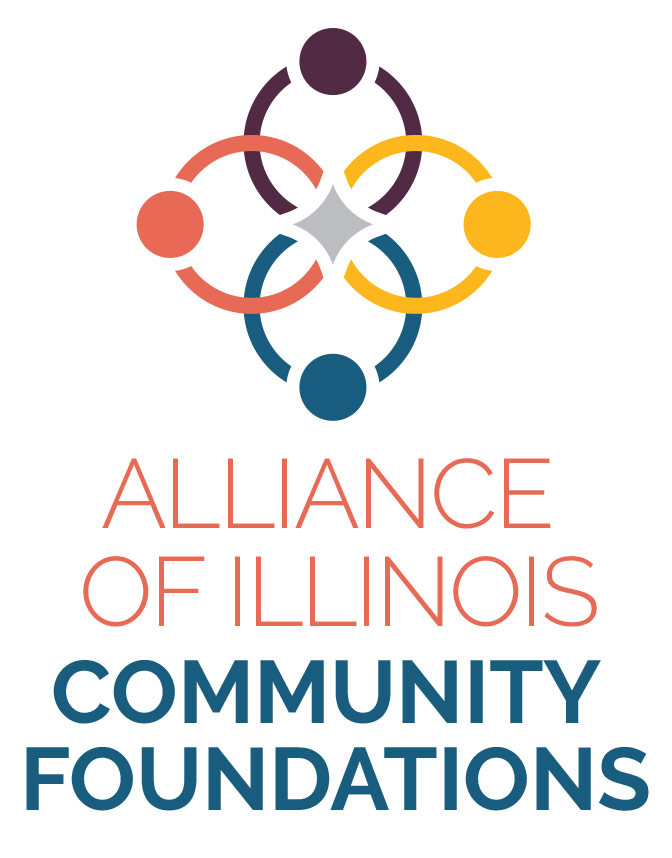If you are over the age of 70 ½, you can transfer up to $105,000 directly from your individual retirement account (IRA) to Galesburg Community Foundation tax-free. If you are 72 or older, this gift will count toward your required annual minimum distribution. This can be an easy, tax-smart way to support the community you love.
If your gift meets the fund minimum, you have the opportunity to create a charitable fund in your name, the name of your family, or in honor of any person or organization you choose. Select one of the following fund types:
We can make your charitable IRA transfer easy, flexible, and effective, helping you achieve your personal charitable goals and financial goals. Distributions can help satisfy your required minimum distribution and reduce your taxable income. Your qualified charitable distribution incurs no federal income tax and the asset is no longer part of your estate for tax purposes.
Many donors also like that this tool allows them to make a significant gift during their lifetime so that they can see results, rather than making the gift through an estate plan.
Any amount left in the IRA when an individual dies may be taxed as income to the beneficiary and are also considered assets for the purpose of calculating the person’s estate liability. When you give your IRA to charity, your heirs are not burdened by the taxes associated with receiving your IRA upon your death. Instead, you can leave them other assets that have a more favorable tax treatment.

To learn more about how an IRA rollover can support the causes you care about, call Sarah Grant, Director of Development, at 309.344.8898.


Charitable Giving Coordinator
Haley provides support to enhance the function and success of the Charitable Giving and Affiliate Teams. She ensures donors receive a personal approach to philanthropy through outstanding customer service by supporting charitable giving for donors and fund holders across the state.